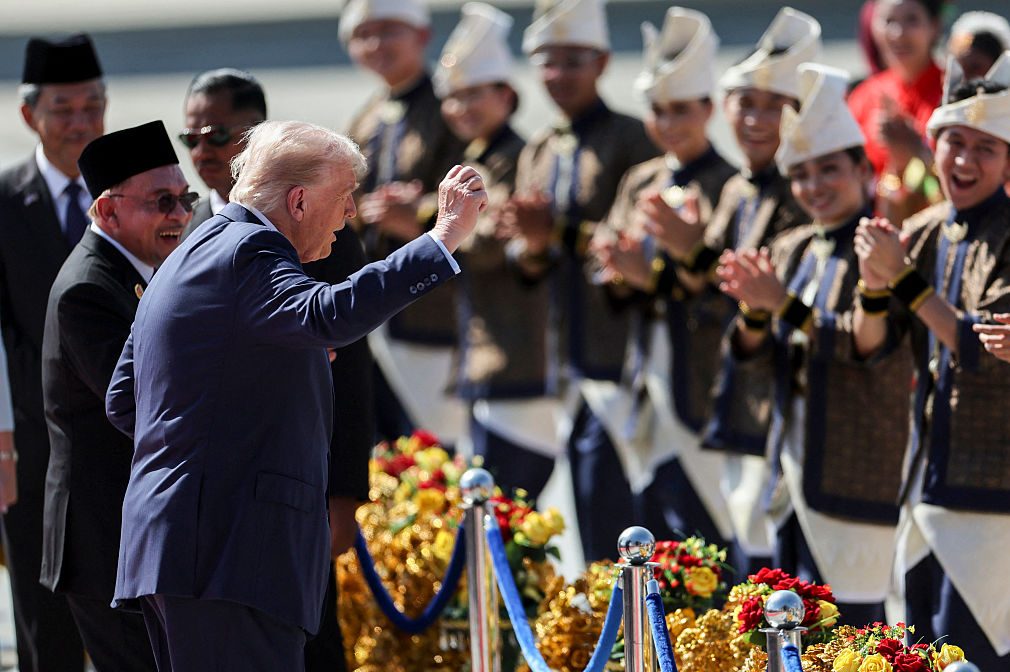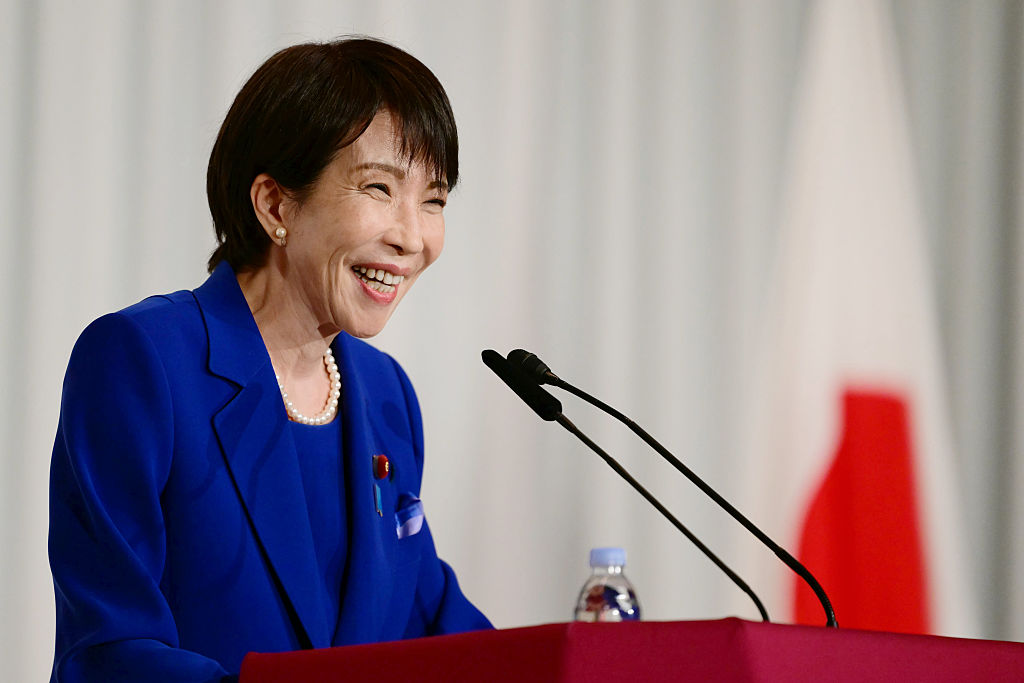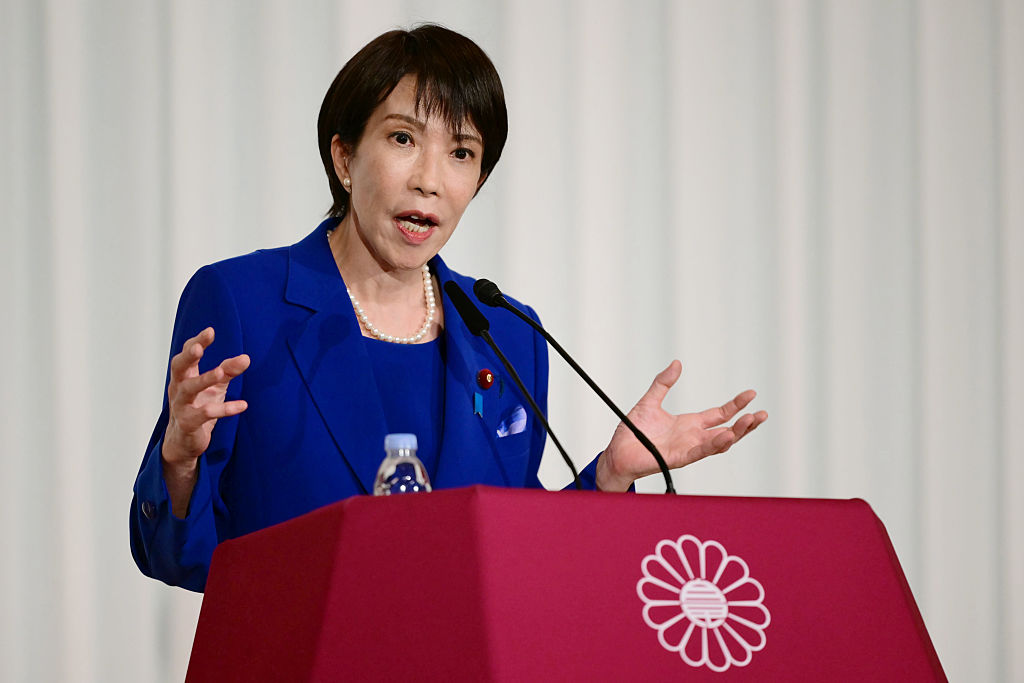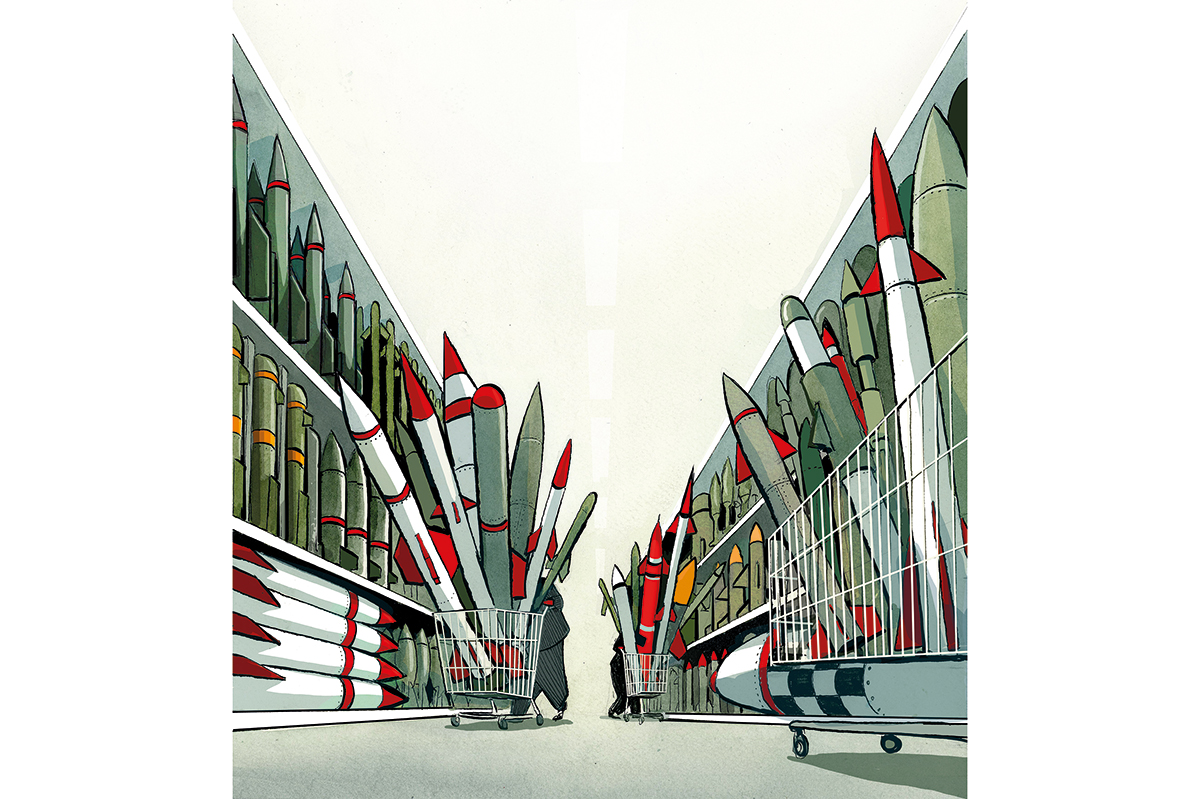The sixty-seven-year-old Shigeru Ishiba will become Japan’s new prime minister on October 1 after winning a surprisingly exciting play-off vote against his rival Sanae Takaichi. For a moment it looked as if Japanese MPs were set to elect the country’s first female leader (Takaichi was ahead of Ishiba in the first round of voting) but in the end the Liberal Democratic Party (LDP) opted for experience and former defense minister Ishiba’s safe, and crucially clean pair of hands.
Ishiba is at first glance a typical Japanese politician and an unexciting choice for PM. He’s a former banker and has been in politics for nearly forty years. He doesn’t have a particularly interesting backstory or much in the way of charisma. He looked like the dullest of the final three candidates. The other two were fun: Takaichi was once in a heavy metal band and is a Margaret Thatcher acolyte, and Shinjiro Koizumi (son of former PM Junichiro) has boy band looks and was given to amusing Kamala-esque word salad pronouncements. His (sarcastic) nickname was “the poet.”
But Ishiba is a bit more interesting than he appears and is far from a conventional LDP seat filler. The reason he has failed so often (this was his fifth tilt at the top job) is ascribed to his willingness to criticize his colleagues and go his own way. Described as a “plain spoken populist” by TIME magazine and ‘blunt” and “arrogant and condescending to his fellow lawmakers” by Jeff Kingston of Asia University, Ishiba is smart and tough and doesn’t suffer fools gladly.
He once did the unthinkable and actually left the LDP, Japan’s eternal party of government, and was briefly a member of something called the New Frontier Party before returning to the fold. He publicly criticized LDP royalty such as the late Shinzo Abe and is reportedly hated by another former PM and current panjandrum Taro Aso. Some in his own party have even called him a traitor.
In normal circumstances all that would have scuppered his chances. Until recently the Liberal Democratic Party was not really liberal (but conservative), not democratic (it was controlled by party grandees) and perhaps not even really a party (but a series of factions). In such an environment those unwilling to play nice and build alliances to get ahead would have been doomed to a life on the backbenches.
Now, though the LDP is in disarray after a series of internal feuds and scandals. The massively damaging slush fund affair, which saw a slew of resignations, had come hard on the heels of equally embarrassing revelations concerning the party’s long-standing and secret ties to the murky Unification Church. After the dam broke on the slush fund affair, it was recognized that serious reform of the party was necessary. The faction system that had jostled and schemed and rendered the LDP, and therefore Japanese, politics opaque and unaccountable was finally, almost entirely dissolved. This led to Fumio Kishida resigning as prime minister in August.
The issue of a “cleaner” politics became central to the choice of the new prime minister and now Ishiba’s reputation as being a bit self-righteous became an advantage. Polls conducted by the Sankei newspaper and Fuji TV network found that of those who prioritized cleaning up the slush fund scandal, Ishiba was the most popular. Many cited as the reason his resolve to to deal with corruption as the reason. An Asahi Shinbun poll also found that 47 percent of respondents chose him over his rivals due to his “experience and accomplishments.”
What kind of leader will Shigeru Ishiba be? He is the member for the rural coastal area of Tottori and as part of his leadership bid he pledged “large-scale regional development policies as Japan’s catalyst” with incentives to attract innovators and entrepreneurs to the rapidly depopulating and seemingly moribund countryside. That will be a popular endeavor, but with various attempts at the same goal having failed, a difficult one to pull off.
On foreign affairs, the other major issue during the campaign, Ishiba proposed one original idea, an Asian version of NATO to defend against the threats posed by China and North Korea. This saw him hailed as a Japanese Charles de Gaulle but it attracted little support in diplomatic or military circles in either Tokyo or Washington. He is also said to be in favor of Japan developing its own nuclear deterrent. He is not exactly a hawkish nationalist, though. He is rare in having criticized Japan’s conduct in the colonization of Korea (between 1910 and 1945) a topic of renewed interest at the moment due to the Apple TV series Pachinko.
What else? He is a fiscal conservative and apparently not keen on a fresh interest rate hike, though the markets seem to like him (the yen has strengthened today). He was pro-renewable energy but has now swung behind nuclear. He seems to be opposed to same-sex marriage but is in favor of couples retaining separate last names (which is radical enough for Japan).
On a personal level he is fond of building model ships and planes apparently, and his office is filled with his creations. He claims to read three books a day and doesn’t speak English.
A bit of an oddball then, with a maverick streak, but a bit of that may be just what Japan needs.
This article was originally published on The Spectator’s UK website.


























Leave a Reply